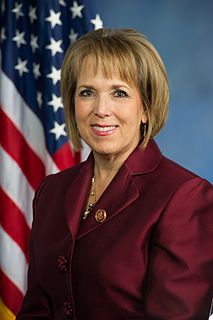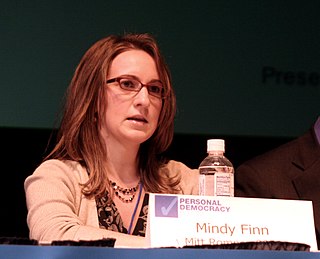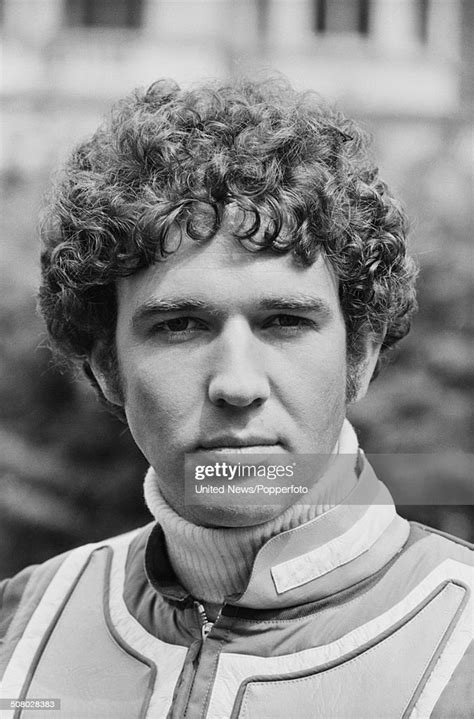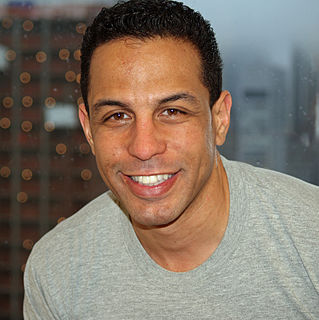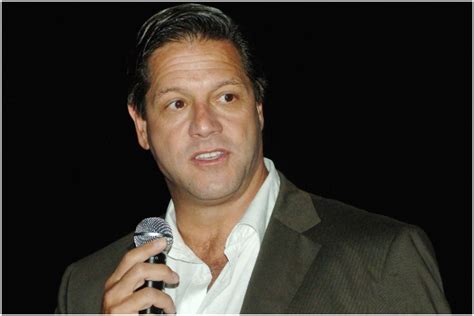A Quote by Margaret Geller
The actions of the University in my case make it abundantly clear that the Administration's rhetoric about Harvard's desire to attract and retain the most distinguished women in the world is empty.
Related Quotes
That said, there are a few clear factors that determine the potential of a university to reach the highest levels of excellence. In the case of Harvard University, it was true that by the time of its tercentenary (300th anniversary of its founding) in 1936, Harvard had already achieved a reputation as a world-class institution. Harvard did not have the stature that it does today.
I had a certificate that said, 'Doctor of Mixology, Harvard University,' that I actually got from Harvard University. A friend of mine was a research assistant over there and it was one of those student or university perks and she brought me in on that. So I am a doctorate from Harvard and it only took me one afternoon.
I got a PhD from Harvard and a few years later, there was a girl from Sunderland who hadn't got into Oxford or Cambridge, even though she'd got perfect A-levels. Harvard asked me to come and recruit her because I was recruited out of university by Harvard - they were trying to show that people could make it.
The view I take is that while I'm proud to live in a free and prosperous country, I do believe American is a special land and should be a beacon to the world. And part of that leadership is that women are equal under the law and I do have concerns in how Trump talks about and treats women. I think it's very clear in his rhetoric that he sees them as second class citizens.
I have told somebody in court that 'I understand yours is the most important case in the world, and I'm trying to treat it as the most important case in the world, but five minutes from now I'm going to be dealing with the next person's most important case in the world.' For every litigant, theirs is the most important case.
[Women photographers] provide an inspiring reminder to all women that the choice to see, or be seen, is ours. We live in a culture in which this decision is undermined by the notion that the single most valuable contribution a woman can make is to be visually attractive. Women photographers make a strong case for seeing and an even stronger case for recording what you see.
Our job as humans is to hold on to the thoughts of what we want, make it absolutely clear in our minds what we want, and from that we start to invoke one of the greatest laws in the Universe, and that's the law of attraction. You become what you think about most, but you also attract what you think about most.
In 1922, I got a small stipend from the Swedish-American Foundation and went to Cambridge, England, for a few months and thereafter to Harvard University. In the summer, Cambridge was rather empty, but I am grateful for many pleasant talks about economics with Austin Robinson who, in the summer of 1922, seemed to be about as lonely as I was.



